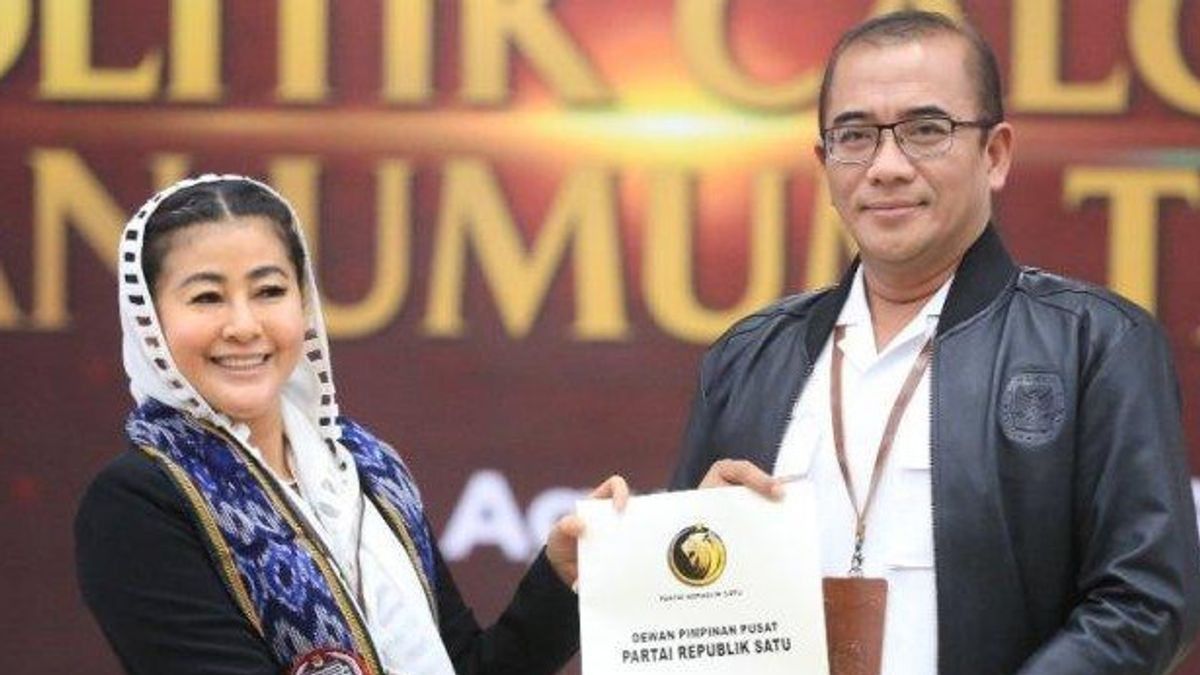The dismissal of the Chairman of the General Election Commission (KPU), Hasyim Asy'ari, by the Honorary Council of Election Organizers (DKPP) was a harsh blow to the integrity of electoral institutions in Indonesia. This decision undermines the KPU's image as an independent institution and shakes public confidence in the process and results of the 2024 presidential election.
Hasyim Asy'ari was dismissed following allegations of ethical violations and immoral cases involving him. DKPP stated that this decision was based on strong evidence and careful consideration in order to maintain the integrity and dignity of election management institutions.
This case emerged after a report emerged from a woman who claimed to be a victim of sexual harassment by Hasyim. Not just once, but repeatedly Hasyim was suspected of committing this indecent act. The victim brought this case into the realm of law and ethics, so that it became the public spotlight.
Hasyim's background as a figure with many academic degrees and an important position at the KPU makes this scandal even more shocking. A number of parties expressed their disappointment, including PKS politician, Mardani Ali Sera, who called this case a hard slap for the KPU. He emphasized that officials at the KPU must have high integrity and that no one should be appointed based on orders or political compromise.
President Jokowi, in his statement, said that the administrative process for dismissing Hasyim was ongoing and ensured that the 2024 regional head elections would continue to run honestly and fairly. This is important considering that Hasyim plays a big role in the ongoing election stages.
However, this decision to dismiss raises various questions regarding the ethics and morals of state officials. Hasyim's case is just one of many cases of ethical violations that have tarnished the face of government and state institutions. This indicates serious problems in governance and enforcement of discipline.
The DKPP's decision to dismiss Hasyim Asy'ari should be a momentum for the government to introspect and improve the selection and supervision system for public officials. Ethics and morals must be the main basis for appointing state officials, not just fulfilling administrative or political requirements.
Furthermore, this case highlights the importance of ethics education for public officials. Many of them are trapped in circles of power without fully understanding the moral responsibilities they carry. Comprehensive ethics education must be part of the training of public officials to ensure they can carry out their duties with high integrity and responsibility.
Without integrity and strong ethics, our democracy will remain only a fragile illusion, easily collapsed by the temptations of power and personal interests. In this context, the terms temptation of wealth, throne and women are very relevant. Hashim, like many other officials, fell prey to this temptation. Treasure symbolizes wealth and material things which are often the biggest temptation for corrupt officials. The throne refers to power that is often misused for personal gain. Meanwhile, women, in Hasyim's case, have become a symbol of sexual temptation that tarnishes the good name and integrity of state officials.
The Hasyim Asy'ari case should be a valuable lesson for all of us. Integrity and ethics must be a strong foundation in carrying out the public mandate. Without it, the temptation of wealth, thrones and women will continue to undermine the pillars of our democracy, making them fragile and easy to collapse. We need officials who are not only administratively competent, but also have high morals and ethics, able to distance themselves from these temptations. Let's maintain our democracy with integrity and strong ethics, for the sake of a better future for the nation.
In the end, Hasyim Asy'ari's dismissal is a reflection of the moral and ethical crisis currently engulfing the Indonesian bureaucracy. This is a warning to all parties, from the government, legislature, to civil society, to work together to strengthen the pillars of democracy which are starting to crack. Without integrity and strong ethics, our democracy will remain only a fragile illusion, easily collapsed by the temptations of power and personal interests.
The English, Chinese, Japanese, Arabic, and French versions are automatically generated by the AI. So there may still be inaccuracies in translating, please always see Indonesian as our main language. (system supported by DigitalSiber.id)













